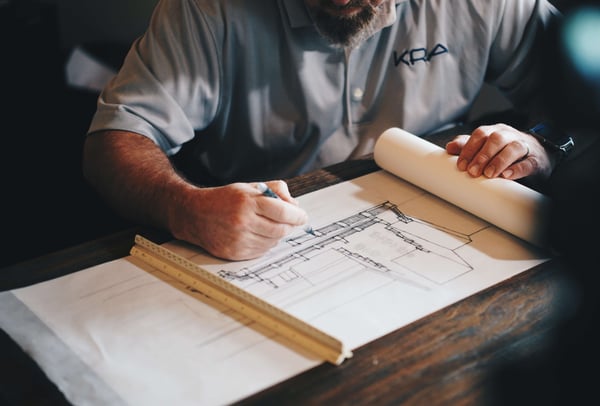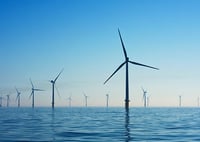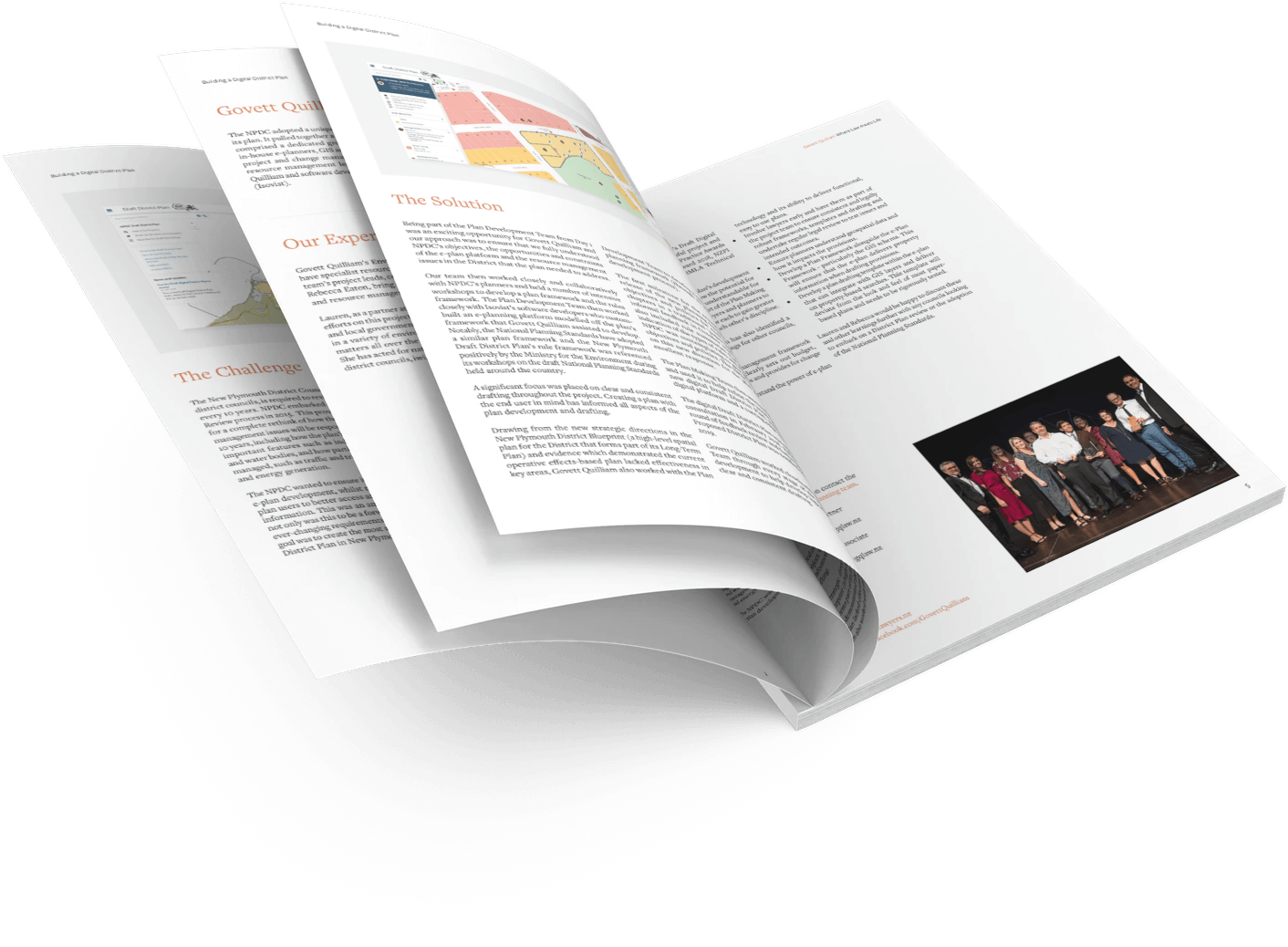
The COVID-19 Recovery (Fast track Consenting) Bill (the Bill) was introduced into the House on Tuesday 16 June 2020.
The purpose of the Bill, if enacted, is to:
- fast-track resource consenting and designation processes for eligible projects while continuing to promote the sustainable management of natural and physical resources;
- support the certainty of ongoing investment across New Zealand and accelerate the beginning of work on a range of different sized and located projects; and
- urgently promote employment growth to support New Zealand’s recovery from the economic and social impacts of COVID-19.
The Bill establishes two tracks for a project to access the fast-track consenting processes. Projects are either listed in the Bill (listed projects), or confirmed through an Order in Council (referred projects). Expert Consenting Panels will be responsible for considering and determining resource consents (including imposing conditions) and designations for listed and referred projects, replacing the role that local authorities play under the RMA.
In considering whether a project is eligible to be referred, the Minister must be satisfied the project will help achieve the purpose of the Bill having regard to, inter alia, the project’s economic benefits and costs, any potential for the project to have significant adverse environmental effects, its effect on the social and cultural wellbeing of current and future generations, and whether the project may result in a public benefit by, for example,—
- generating employment:
- increasing housing supply:
- contributing to well-functioning urban environments:
- providing infrastructure in order to improve economic, employment, and environmental outcomes, and increase productivity:
- improving environmental outcomes for coastal or freshwater quality, air quality, or indigenous biodiversity:
- minimising waste:
- contributing to New Zealand’s efforts to mitigate climate change and transition more quickly to a low-emissions economy (in terms of reducing New Zealand’s net emissions of greenhouse gases):
- promoting the protection of historic heritage:
- strengthening environmental, economic, and social resilience, in terms of managing the risks from natural hazards and the effects of climate change.
One Taranaki-based project is currently included in the Bill as a listed project; a Papakāinga Development to be undertaken by Te Puni Kōkiri in Waitara.
The Ministry for the Environment has prepared an overview of the Bill, which can be read here.
The Bill can be read in full on the New Zealand Legislation website here.
If you have any queries about the Bill, please contact our Environmental Law Specialists, Lauren Wallace and Rebecca Eaton.






.png)

